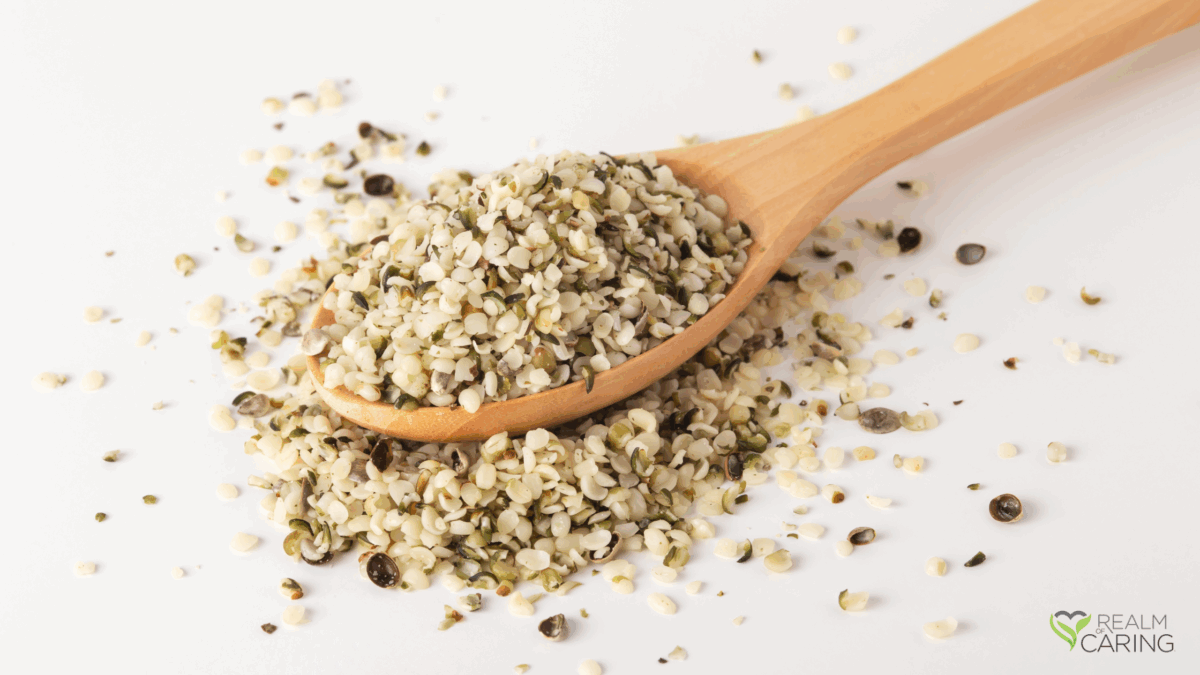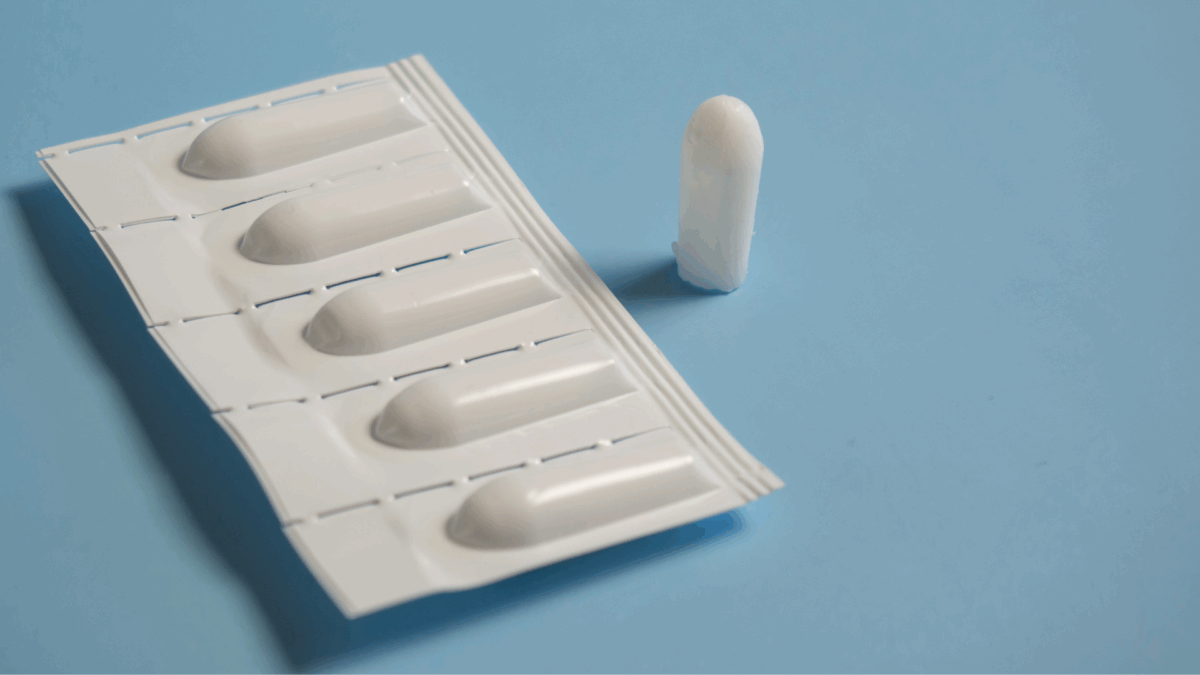Each July, National Hemp Month offers us a moment to reflect on the incredible potential of the hemp plant—not just as a source of therapeutic cannabinoids, but also as a powerhouse of nutritional wellness. While much attention is rightly given to cannabinoids like CBD and THC, hemp seeds deserve their own spotlight. Rich in essential fatty acids, hemp seeds provide a near-perfect balance of Omega-6 to Omega-3—an attribute that sets them apart from many other plant-based foods.
Why Omega Fatty Acids Matter
Omega-6 and Omega-3 are polyunsaturated fatty acids (PUFAs), meaning they are crucial for human health but must be obtained through diet. These fats play essential roles in:
- Supporting brain function and development
- Regulating metabolism and hormone production
- Reducing inflammation
- Promoting cardiovascular health
While both are essential, modern diets often over-index on Omega-6 (commonly found in processed seed oils) and under-consume Omega-3s, leading to an imbalanced ratio that may increase the risk of chronic disease [1].
The Ideal Ratio—and How Hemp Delivers
Health experts recommend an Omega-6 to Omega-3 ratio close to 4:1 or even 2:1, yet the typical Western diet can skew as high as 20:1 [2]. This imbalance has been linked to increased inflammation, which may play a role in conditions such as arthritis, cardiovascular disease, and metabolic syndrome [3].
Enter hemp seeds: uniquely balanced with a 3:1 ratio of Omega-6 to Omega-3 fatty acids—just what our bodies crave [4]. This makes hemp one of the most effective plant-based sources for restoring equilibrium in our fat intake.
Gamma-Linolenic Acid (GLA): A Unique Benefit
Hemp seeds also contain gamma-linolenic acid (GLA), a less commonly found Omega-6 fatty acid with notable anti-inflammatory properties. GLA has been studied for its potential to support:
- Hormonal health, especially in those with PMS or menopausal symptoms [5]
- Skin conditions like eczema and dermatitis [6]
- Immune system balance
This makes hemp seeds particularly supportive for individuals looking to integrate whole-body wellness through nutrition.
Whole Food, Whole Body Benefits
Incorporating hemp seeds into your daily routine is easy and beneficial. A couple of tablespoons offer:
- 10 grams of protein
- 12 grams of Omegas
- Vital minerals such as magnesium, iron, and zinc
- A complete amino acid profile
This nutrient density supports overall wellness—nourishing the body, brain, and beyond.
Hemp and the Bigger Picture
At Realm of Caring, we believe in exploring the full spectrum of hemp’s therapeutic potential. Whether it’s participating in groundbreaking cannabinoid research or educating on the plant’s nutritional gifts, our mission is rooted in holistic health and evidence-based care.
As we celebrate National Hemp Month, let’s honor the often-overlooked power of hemp seeds. Adding them to your smoothie, oatmeal, salad, or favorite baked goods isn’t just a culinary choice—it’s a wellness strategy grounded in science.
References
[1] Simopoulos, A. P. (2002). The importance of the ratio of omega-6/omega-3 essential fatty acids. Biomedicine & Pharmacotherapy, 56(8), 365–379.
[2] Lands, W. E. M. (2012). Historical perspectives on the impact of n-3 and n-6 nutrients on health. Progress in Lipid Research, 50(5), 345–352.
[3] Patterson, E. et al. (2012). Health implications of high dietary omega-6 polyunsaturated fatty acids. Journal of Nutrition and Metabolism, 2012, 539426.
[4] House, J. D. et al. (2010). Nutritional composition of hemp seed and products. Journal of Agricultural and Food Chemistry, 58(22), 11801–11807.
[5] Horrobin, D. F. (1993). Gamma linolenic acid in the treatment of PMS. American Journal of Clinical Nutrition, 57(5 Suppl), 847S–852S.
[6] Morse, N. L. et al. (2010). Benefits of GLA in skin conditions. Journal of Dermatological Treatment, 21(3), 129–134.


